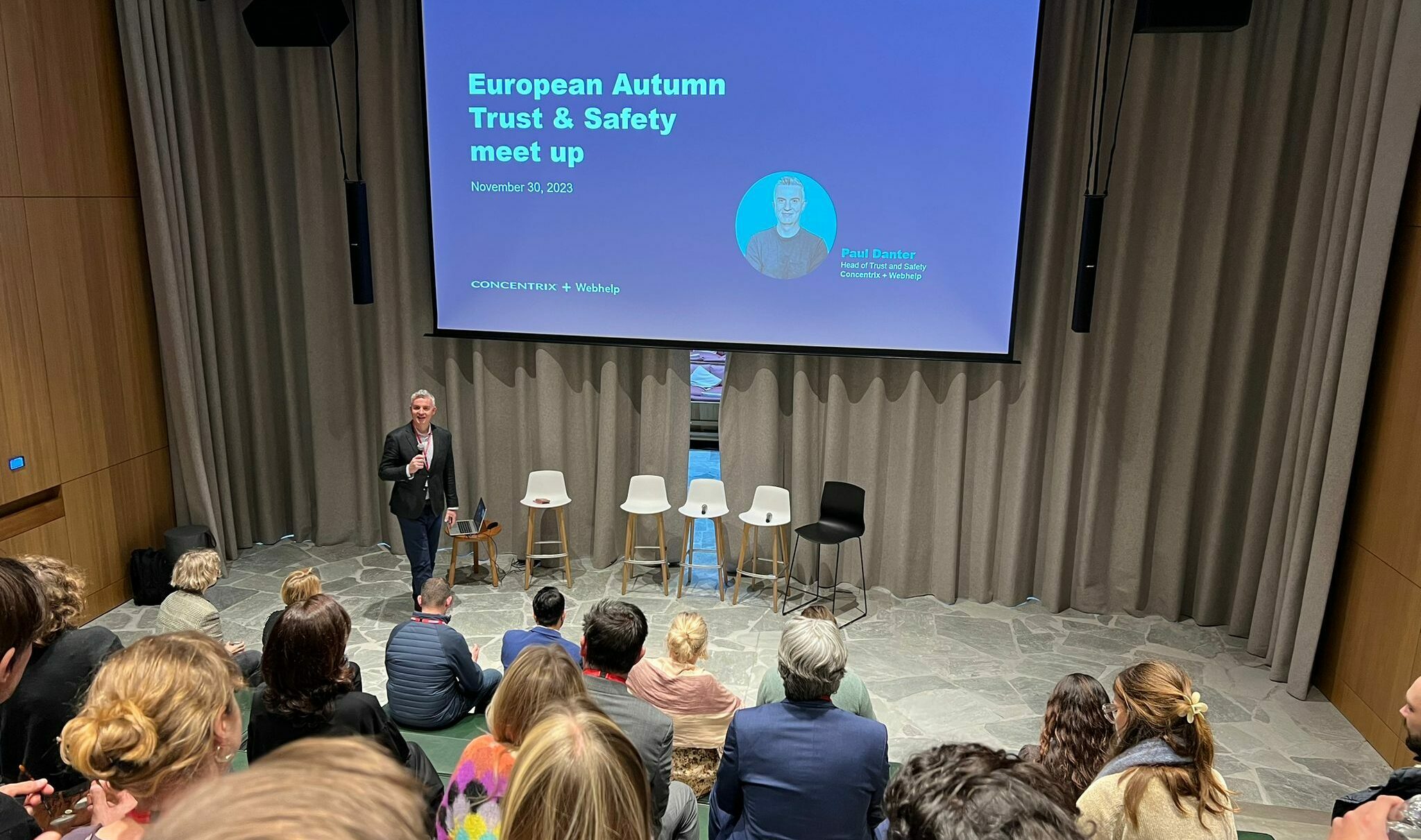SHARE
Gillian Campbell, Chief People Officer – Webhelp UK Region, discusses what makes an effective talent strategy, the core steps in achieving this and why, during the pandemic, building the right resources and being willing to evolve rapidly has become so fundamental.

At Webhelp we work hard to attract, identify, develop, engage, retain and deploy talented and passionate people, and have designed a robust strategy to help us do this.
I believe that an effective talent strategy must have the company’s mission at its core. It must be completely aligned with the business strategy. Together, we strive to put our people first while making sure our clients remain at the heart of everything we do.
You need to have the right structures in place for employee engagement, rewards and development. Companies must also define and deliver good leadership at every level.
A diversity and inclusion programme is an essential part of any effective talent strategy today. Diverse companies and leadership teams have been found to be more successful. For example, recent research suggests that listed firms with at least one in three female executives have a profit margin over 10 times greater.
Identifying internal talent that can move up within the business is just as important to your wider strategy as attracting new employees. Creating dedicated initiatives for key groups within the company to achieve this goal is vital — it shouldn’t be a one-size-fits-all approach.
At Webhelp, we have a Deputy Team Leader programme that develops a pipeline of Webhelp leaders of the future, with a structured academic learning path including on the job experience and an external accreditation. This ensures that employees can play an active role in developing their career and accessing a valuable network.
But the best talent strategies are always evolving, organisations have been focused on becoming more agile in recent years and that process has been accelerated during the COVID-19 pandemic.
Digital solutions should now be at the forefront of business strategy and, for talent management, investment in online learning and development systems will be a crucial in future proofing the workforce. Online tools like Office 365, SharePoint, Teams, Mural, Miro, Parabol, and Google Docs are helping everyone to work more efficiently, and have been invaluable during the shift to working from home. They engage, empower and assist in the easy execution of tasks.
And, it is also becoming clear that emotional connections in business matter so much more now. Companies will build stronger, more meaningful relationships with customers if they have that connection with their own people. Talent strategies have shifted in this direction, to put structures and benefits in place that respond to the needs of employees today. You have to start by fine-tuning the recruitment process to bring the most intelligent and empathetic talent into the business.
We’ve implemented a learning framework that ensures that we are developing our people and our future talent from their first day on the job and throughout their journey at Webhelp. Our learning framework identifies ‘core’ learning, ‘in-life’ development and talent development.
This new level of maturity in the learning framework for talent development programmes, has meant that everyone can see the benefits. Not only in terms of talent development but also the career paths we have put in place for our people.
It’s also vital to create a structured feedback forum, to create understanding of employee needs and expectations. It is equally important to acknowledge commitment, to reward and to recognise hard work and dedication, and to look at both personal and professional development.
As such, our WebPATHS career progression programme recognises that everyone’s ambitions are different. Some people want to learn new skills, while others need freedom to spend more time on their caring responsibilities, or to pursue studies. Providing exciting and tailored career paths with credible development opportunities means we can retain talent for longer.
The primary objective for most companies throughout the COVID-19 pandemic has been trying to maintain continuity. For Webhelp, that was achieved by enabling 8,000 colleagues to work from home effectively – and keeping everyone fully engaged and supported. We have also virtually onboarded over 500 new advisors for home-working roles.
We have re-trained our people to work on the most urgent client situations. We provided access to real-time virtual coaching, training, tools and support to help them succeed in their roles during the crisis. In fact 20,000 hours of training were delivered over just eight weeks.
We also set up social learning groups, so that our team leaders could share lessons and ideas on engaging teams in a virtual world. This enabled our management development consultants to connect with our team managers and ensure that the development and support package was fit for purpose during the transition to working from home, reaching 650 managers across the globe with a personal and tailored learning experience.
We recognised the danger of overlooking employee career goals and aspirations during this time. We remain committed to ensuring that our people can continue to grow and develop and are rewarded for the commitment they’ve shown during the crisis.
Companies have to become more adaptable. Whether work is delivered at home or in the office is becoming less relevant. We’re seeing more flexibility in terms of when and how work is delivered, with greater scope to shift work between geographies and people, and adapt to external changes.
As businesses become more flexible, a much healthier focus on outcomes will emerge. This must be underpinned by data-driven performance management as colleagues at all levels increasingly understand the critical relationship between behaviours, outputs and outcomes.
As the significance of health, wellbeing and safety intensifies, a culture of responsibility towards one another has emerged. This brings shifts in the balance of trust and control. Businesses need to carefully consider how they can help create the optimal home-working setup and ensure employee wellbeing in the short and long term.
Organisations must act now to put these ideas into practice, as even before the pandemic, an effective talent strategy was central to a company’s success, but now having the right one in place will be absolutely fundamental to survival.

![[Fashion] Choosing the right partners to grow your business in 2024, at a time when trust is fragile](https://media.webhelp.com/wp-content/uploads/2023/12/21090253/Office-Showcase-2.png)


